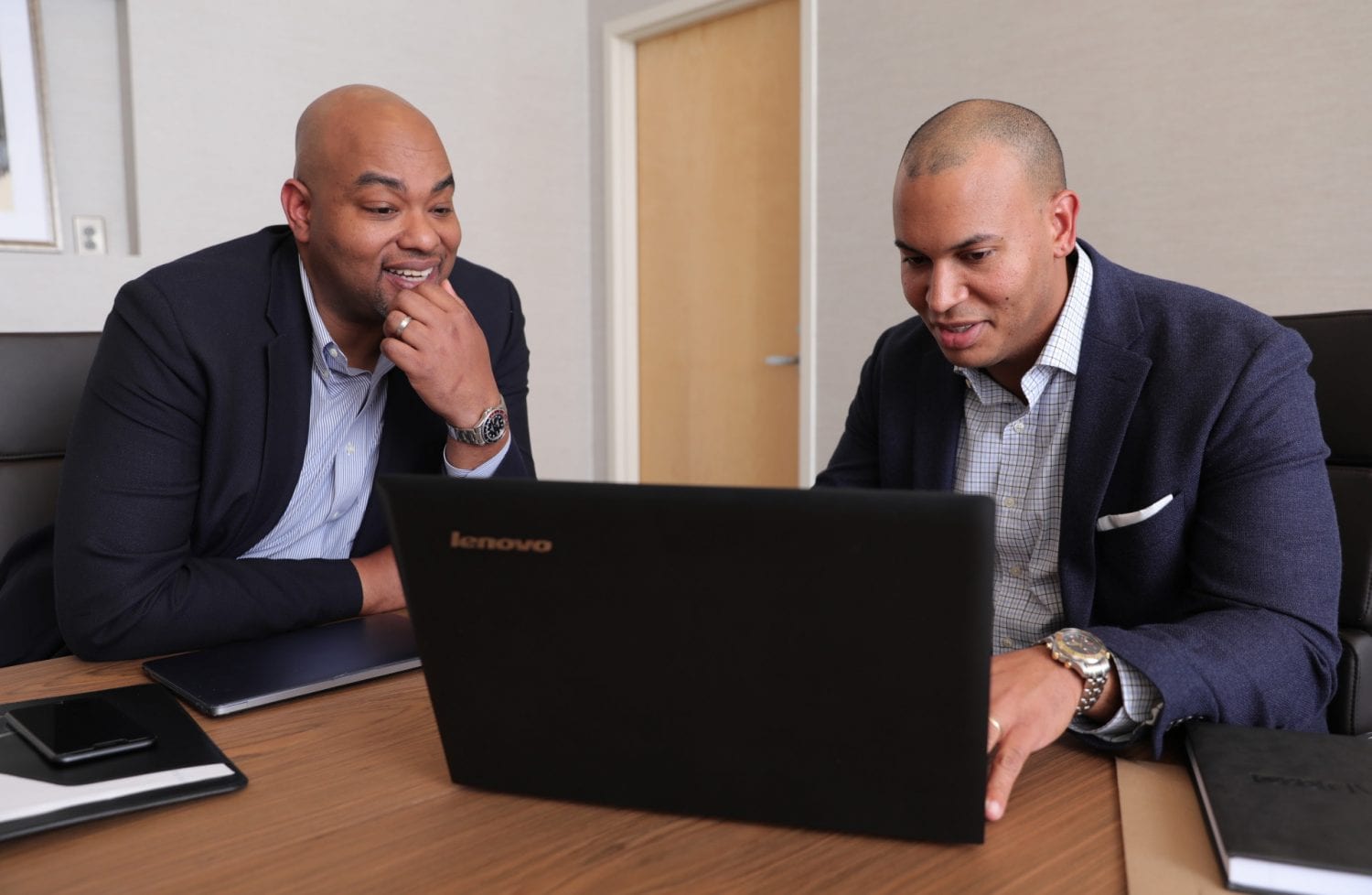As with constructing their first six-bedroom, three-bath custom home in the Pennsylvania Poconos, entrepreneurs Carrington Carter and Calvin Butts, Jr. leveraged every tool in their belt to build Getaway Society from the ground up.
Carter, 37, grew up in Dayton, Ohio. His mother was an educator who earned her master’s degree; his father was a manufacturing manager in the automotive industry. Both attended Hampton University (HU), a historically black colleges and universities (HBCU), in Virginia. Carter followed suit and subsequently earned an MBA at the Katz Graduate School of Business at the University of Pittsburgh. He aptly applied his chemistry and marketing know-how as a brand manager for big pharma and then moved on to real estate.
A proud son of the South, Butts, 37, was born in Savannah, Georgia. His physician father inspired him to excel. Like Carter, Butts received his undergraduate degree from HU. Shortly after, he earned his executive MBA in marketing from the Fox School of Business at Temple University and forged a successful career as a health care media strategist.
These entrepreneurial-minded men first met in 2013 at an HU alumni event and soon realized their shared passions for travel, real estate, and building wealth-harnessed business potential. Carter, measured and analytical, is the finance whiz, whereas Butts, gregarious and loquacious, is the relationship bridge builder. A year later, on the Saturday of a homecoming weekend, Carter presented Butts with a solid business plan, Butts cut an investor check, and Getaway Society was born.
Today, their $11 million boutique luxury vacation rental home collection boasts 10 custom homes in Martha’s Vineyard, Hilton Head, the Poconos, Gatlinburg, and Orlando. The dynamic duo is eyeing locations in Virginia Beach, the Hamptons, the Outer Banks, Cinnamon Shores in Port Aransas, Texas, and along the 30A scenic corridor on the Florida Gulf Coast.
Their partnership includes McKinley Carter Enterprises, LLC, a real estate investment and property management company, and East Chop Capital, a largely African American-funded private equity firm focused on growing businesses and building wealth. The first fund of the latter was established to accelerate and scale the growth of Getaway Society.
How did two black millennial entrepreneurs parlay their passions into a multimillion-dollar real estate portfolio? We caught up with Carter in Columbus, Ohio, and Butts in Allentown, New Jersey, via Zoom before the holidays to hear their story.
Zandra Wolfgram (ZW): WHEN DID THE SPARK HAPPEN?
Carrington Carter (CC): I told Calvin about getting in the vacation rental home space after planning an annual ski trip in the Poconos over President’s Day weekend. I found the house. I worked with the owner. I collected everyone’s money. When I ran the numbers, I started understanding the business aspect of the vacation rental space and decided, Hey, I think I want to make a run at this and expand my real estate experience into another area. And that’s how we got into the vacation rental home space.
ZW: YOU ARE PASSIONATE ABOUT BUILDING WEALTH. HOW DID YOU GET THERE?
CC: Between reading, firsthand experience building wealth, and this general wealth conversation being top of mind in our community—that’s the trifecta that has us on this track of not only building wealth for ourselves but bringing investors and others into the journey to building wealth and to learn as well.

ZW: CALVIN, YOU HAVE SAID YOU LOVE BEING A “DOER.” PLEASE EXPLAIN.
Calvin Butts, Jr. (CB): Being a doer is finding a way to push forward, move forward, march forward, and get it done. When something comes up, my immediate mindset is: I’m going to figure it out. I’m not going to cancel it. I’m not going to push it. I’m not going to work around it. I’m going to get it done. It is trying to create as much value for yourself and all your actions that you have going on during the day by keeping things moving and knowing that the momentum track is there.
ZW: HOW DO YOU DEFINE LUXURY?
CC: First and foremost, I would say new or significantly renovated such that it creates a feeling of newness. When people get the chance to go on vacation and get away from home and their natural environment, we want them to feel special; we want them to feel good, and we feel that having a luxurious environment contributes to that. Whether it’s new or renovated, it’s flat-screen TVs hanging on the walls, hot tubs, fire pits, private pools, heated pools, smart home technology, Nest thermostat, Brilliant light switches, top-of-the-line Weber grills, and wood pellet smokers. We even have Peloton bikes in two of our homes. It’s the things that they have always wanted at home or that they’ve thought about trying.
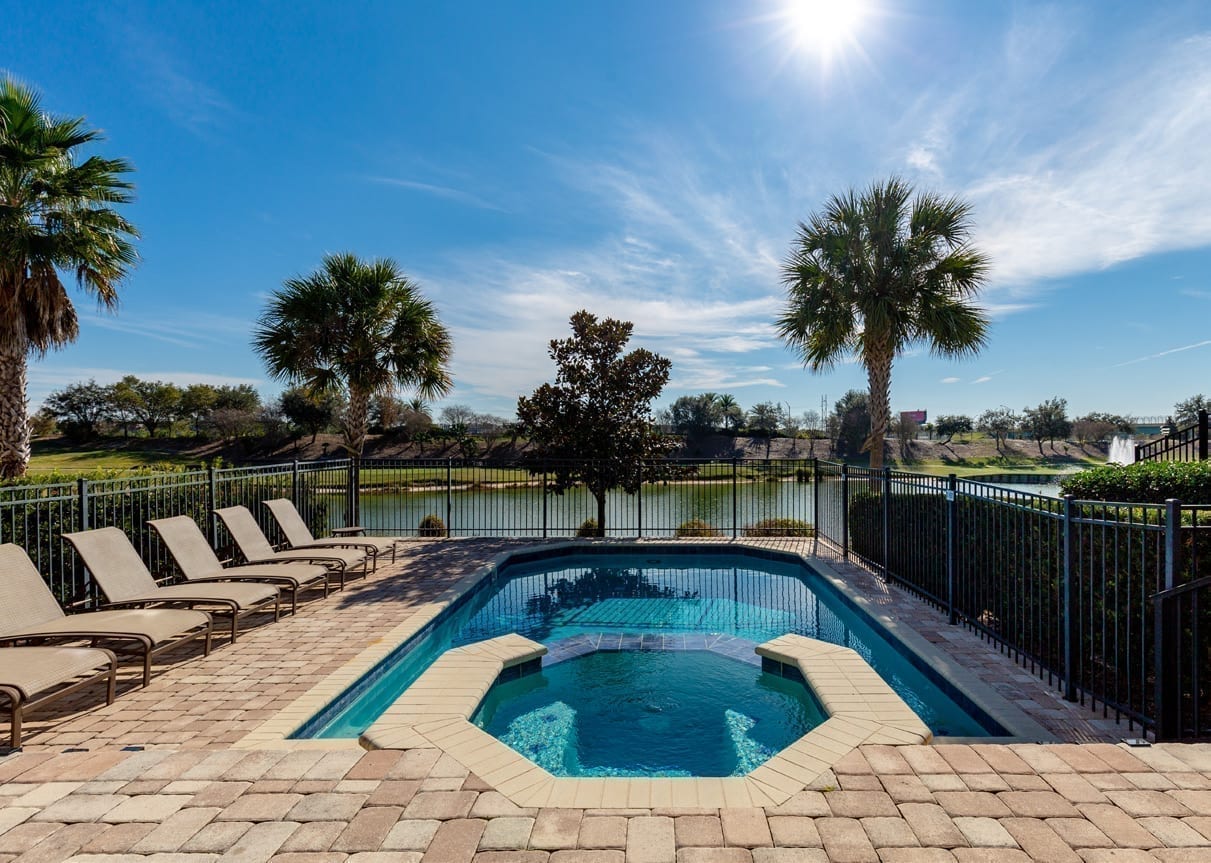
ZW: HOW DO YOU DIFFERENTIATE GETAWAY SOCIETY?
CB: I think we were one of the first to use technology in an immediate way. We jumped into smart locks; we jumped into DocuSign for leasing agreements as fast as we could. . . . We are eager to be engaged in those technologies and platforms to make our lives easier and create a better experience for our customers.
ZW: WHAT DOES IT TAKE TO BE A SUCCESSFUL BLACK BUSINESSPERSON?
CC: Access to capital and other resources. I don’t have any rich friends and uncles who are bank executives that I can call to get financing. I don’t have those close relationships to get doors opened for me. With our fund (East Chop Capital), our goal was to raise $4 million. We have experience in the space; we have education and strong execution. The industry is on fire right now. If we were two white males trying to raise money, I think we would have raised money in three or six months, but because we’re two black males, it’s taken us two and a half years to raise $4 million.
CB: We went with the door-to-door approach. We’ll grow into having conversations with wealthier individuals who can move faster and who can support us in larger ways, and we’ll certainly be excited and open to that. Still, we chose our path, and we’re committed to it, and we’ll get it done. Talking about perseverance, moving forward, being a doer, and keeping things moving, we succeeded despite banking barriers. But we want to make it easier for those who come behind us so the next Calvin and Carrington can call us, and instead of getting $25K or $50K, they can get a million from us.
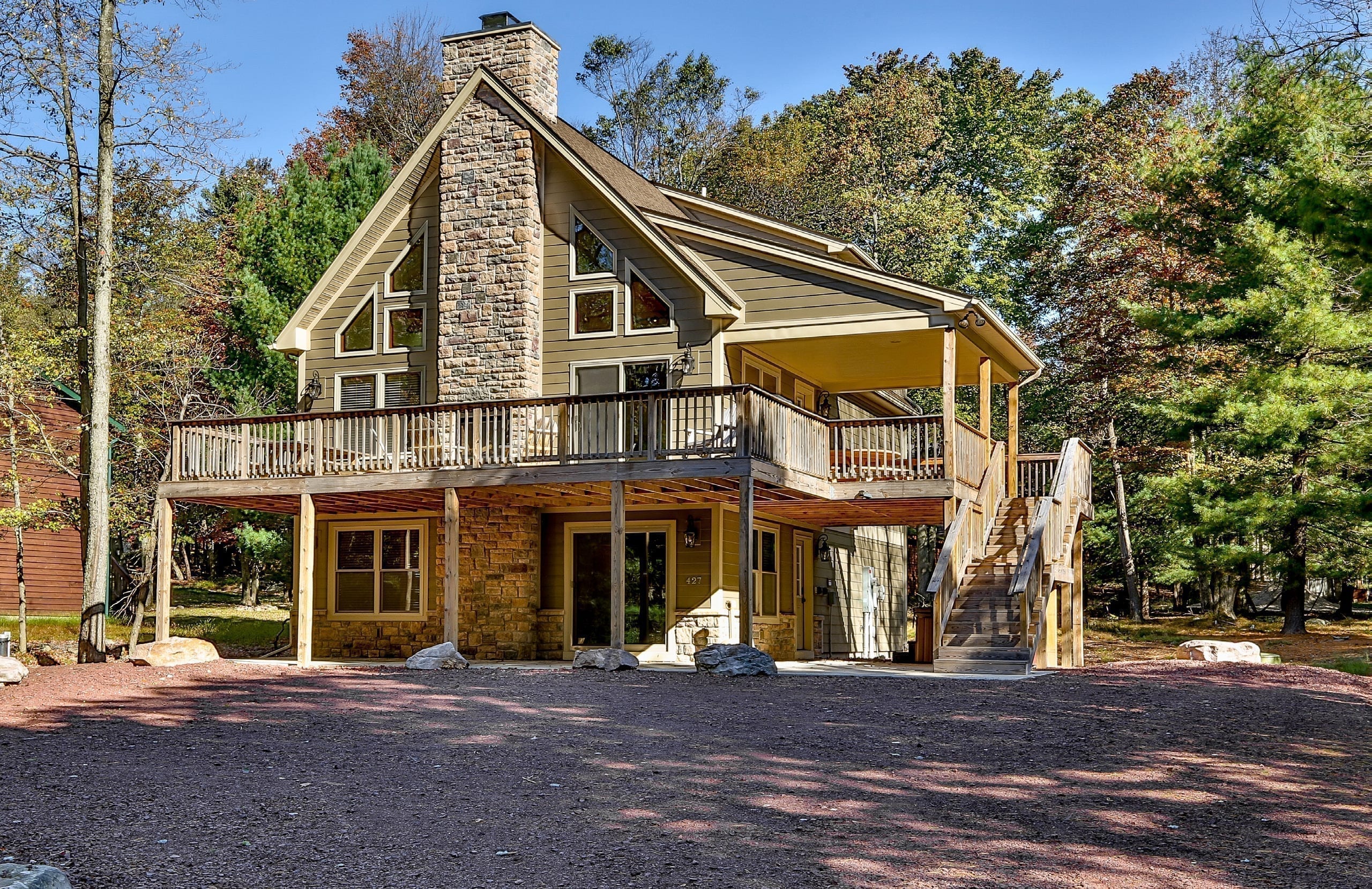
ZW: BLACK LIVES MATTER HAS IGNITED THE RACE CONVERSATION. THE VICE PRESIDENT IS A WOMAN OF COLOR, AND A PERSON OF COLOR IS TAPPED FOR THE HEAD OF THE EPA. HOW DO YOU FEEL ABOUT WHERE WE ARE NOW?
CC: That is a big question. I always remain optimistic. To your point, there are a lot of tailwinds right now. For minorities, for people of color, and for the first time in my 37 years, black people specifically are being called out in the conversation because of recent events that have happened. I think, globally, it’s been brought to light that the gap is wide and in a lot of different ways, whether it’s representation in corporate America, whether it’s access opportunities, whether it’s the wealth gap, or whether it’s funding for entrepreneurs. We have a way to go, but I’m optimistic.
ZW: HOW DO YOU FEEL ABOUT THE STATE OF RACE EQUALITY IN THE VACATION RENTAL INDUSTRY?
CC: From an owner/operator and management perspective, it’s rare. Where race comes up more often is with guest relations. It’s discrimination. It’s the ugly stories you hear like, “You didn’t rent to me because I was black” or “I sent them a message and I didn’t hear anything and then my white friend contacted the owner and they got the booking.”
Some of the big operators—Vrbo, Airbnb, or OTAs—have put in anti-discrimination policies, which are good. It would be wise if other large operators added an anti-discrimination policy or a statement on their websites. A company should have a position on anti-discrimination among guests in their space. It would be great to see more representation among suppliers, management companies, and certainly among their staff.
ZW: WHAT CAN WE DO TO LEVEL THE PLAYING FIELD? ARE YOU LEADING THE WAY?
CC: As we grow and scale, we’re excited to take more of an active role and make sure we’re involved in this space. We’ve been talking about doing a black hospitality conference or a black travelers’ conference for owners and operators in the vacation rental home space, especially for the large owner/operators. . . . There is an HBCU with Florida A&M University in Tallahassee, so there might be opportunities for career fairs, sessions, or workshops to expose more African Americans to careers in the hospitality space and specifically in the vacation rental space. In 2021, we’re going to take a step back and figure out not just how to scale our business but how we can make the voices among minorities in the industry a bit louder.
CB: My goal is inspiring a new generation who are at Hampton right now. . . . We need to continue to promote more diversity and inclusion across the industry. Stories like ours aren’t widely known. But this story could, in 10 to 15 years, become the new normal. And folks could go to college thinking, “I want to be an Airbnb host or own a vacation rental portfolio” the same way they talk about being an engineer, doctor, or lawyer. I think inspiring and motivating folks and giving them the blueprint and guidance is our opportunity. There’s success here in this space, and I hope many follow.
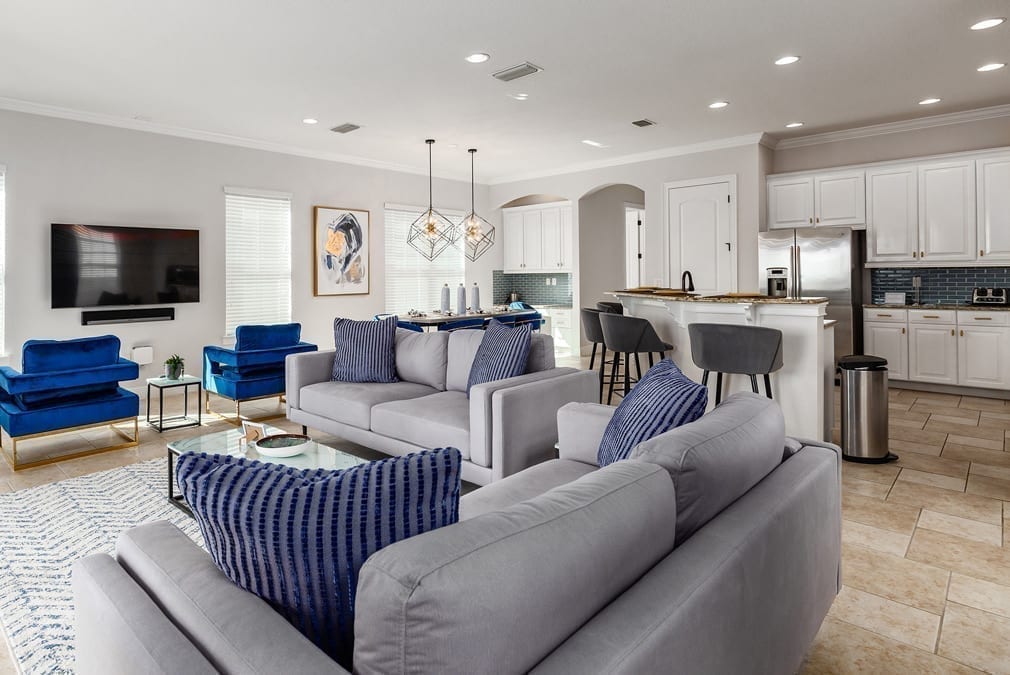
ZW: WHAT ADVICE DO YOU HAVE FOR THOSE WANTING TO BECOME A VACATION RENTAL OPERATOR?
CC: It comes back to being a doer and taking calculated risks. For the owner who wants to buy their first house, don’t let fear and analysis paralysis prevent you from doing something. Often people want to wait until they have 100 percent of the information before they act, and usually by then it’s too late. Basic blocking and tackling.
If you decide to borrow or get a mortgage to purchase a property, make sure that your credit and your debt-to-income ratio and all that is in line. If you want to be more passive and you don’t want to do any of the work, there are tons of property management companies out there that can manage the property for you, but that will come with a cost.
For owner management, because of technology, it’s not that difficult to manage, even remotely, as long as you have a good on-the-ground team. An added benefit of these properties is being able to enjoy them as well. But owners also need to know that if you use it, especially in the peak season, that will cut into your revenue and profitability, so you need to understand that expectation. One of the things we like about the ownership, plus the management aspect, is that it appreciates over time because you own the asset. So, it’s a double way to win. You’re winning the rental income, your debt is being paid down, your mortgage is getting paid down, and an asset appreciates over time. Critical is your core on-the-ground team—your caretaker, HVAC, plumber, handyman, housekeeping—don’t take shortcuts on housekeeping!

ZW: WHAT ARE YOUR ENDGAME GOALS?
CC: We’ll likely have 15 properties by next summer, and in one to three years, I say we’ll have a boutique portfolio of 25 to 50 domestic and international properties. We’ll continue to educate and inform others about this space and get more minorities and African Americans involved. Some of our investors have asked us when we are expanding out west or internationally. So, we foresee a larger vacation rental home fund, maybe $10-$50 million.
CB: We would like to be known as a nice ecosystem of luxury travelers in the United States. We want to be a brand known for select boutique homes that are well managed, well cared for, and offer an outstanding five-star experience. For Getaway Society, the next step is to extend the brand to yacht charters in locations where we already have homes. This would be huge.
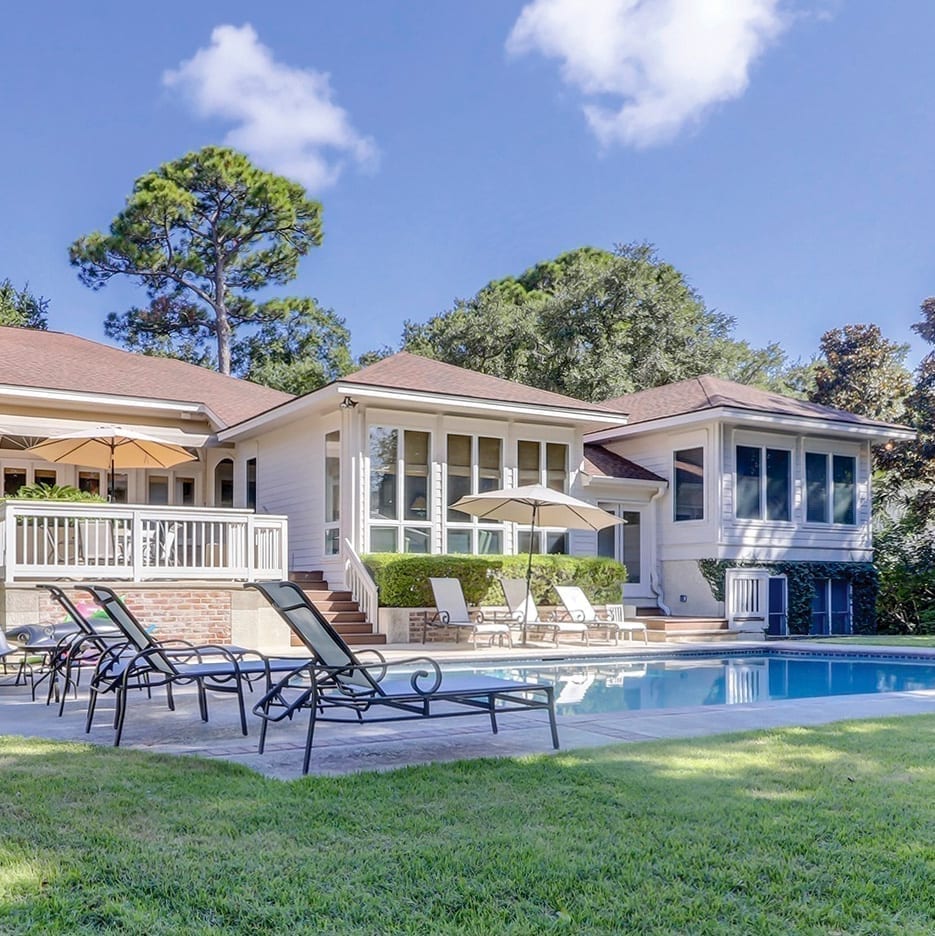
home with a private pool that sleeps 18.
ZW: WHAT TRENDS DO YOU predict FOR THE INDUSTRY?
CC: They say the only constant is change. There’s so much change in this industry, in the world, and even more changes this year with COVID-19. Because people have the flexibility to work in many different places, people are using houses in different ways. . . . I did a podcast called “The 12-month Lease Is Dead.” I think there will be many fewer people who are renting apartments for 12 months out of the year. I think they’re going to choose to travel a month here, three months there, and they’re going to use this new flexibility to rediscover different parts of America or even internationally. I think the vacation rental industry is going to see a new resurgence. You’ve got to stay on your toes, and there’s been so much change in the industry. I think that’s going to continue.

